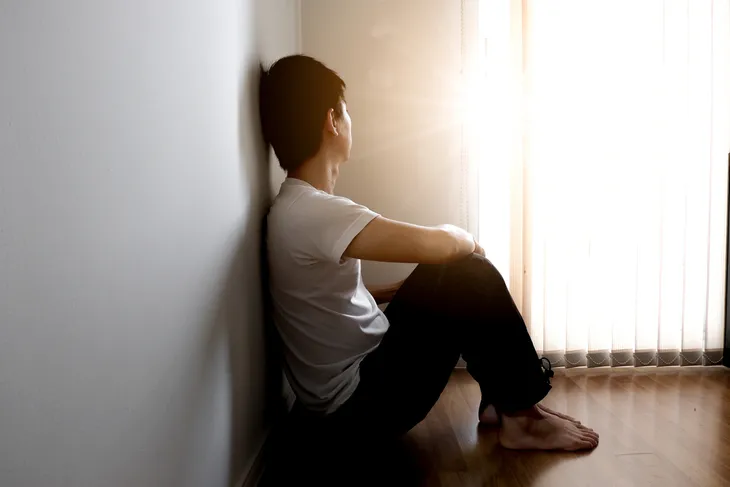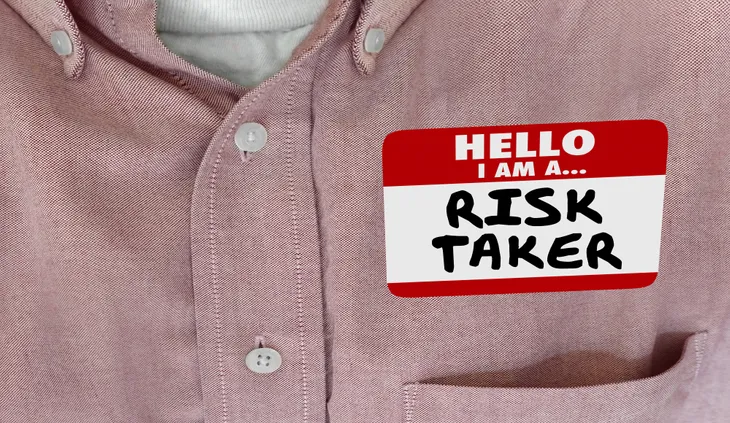Each and every one of us suffers a little tug at the heart strings when summer days at the beach and fall romps in the leaves make way to frozen, gray, cold winter. However, for about 2-percent of the population, the sudden change in the season can actually cause a type of depression, known as seasonal affective disorder (or SAD), which worsens with limited exposure to daylight in late fall and winter, and disappears when spring begins anew.
Seasonal affective disorder varies between individuals affected, however, these 10 common, and often overwhelming, signs typically exist and suggest you or someone you love might need professional help to manage the symptoms of SAD…
Disabling Fatigue
A draining and sudden lack of energy for no apparent reason may be your first indication that something is amiss. SAD sufferers usually describe feelings of both mental and physical fatigue, as well as a weighted feeling throughout the entire body that makes otherwise easy activities and tasks completely exhausting.
Withdrawal From Life
Another common symptom of SAD is self-alienation from social activities, hobbies, and people that have been a large part of the individual’s social life. This may include a loss of interest in daily activities and favorite pastimes, or a lack of interest in sex or maintaining personal hygiene.
Lack of Focus
Issues with memory and concentration may also indicate SAD. Many describe this lack of focus as difficulties with remembering appointments to the more severe inability to make simple and routine decisions (i.e., what to wear or eat).
Sleep Difficulties
Sudden changes in sleep patterns—which can range from sleeping all the time (hypersomnia) to not sleeping at all (insomnia)—will often indicate an issue if health is otherwise good. You may notice that you wake up frequently throughout the night or wake exhausted even though you slept 8-hours.
Disheartened and Deflated
An otherwise happy-go-lucky person may experience severe blues—for instance feelings of self-loathing, worthlessness, hopelessness, and an all-around miserable outlook on life.
Joint and Muscle Pain
Neck, back, knees, hips, shoulders, headaches, and stomach upset—everything suddenly hurts for no apparent reason for some SAD sufferers. The malaise sets in with dull aches and pains throughout the body.
Irritability
Many SAD sufferers complain of being on an emotional rollercoaster where one minute they are in tears and the next minute they are overcome with anger. On a less severe scale, you may also feel agitated and restless, but not understand why or what to do to soothe this irritability.
Weight and Appetite
Another big sign that something isn’t right for people experiencing SAD is fluctuations in weight and appetite. You may experience sudden and significant weight loss or weight gain in a matter of a few weeks, and you may lose all interest in food or use food as a way to comfort your emotions.
Anxiety
The anxiety that spreads through SAD sufferers can range from a mild restlessness to a severe form of stress and jitters that might turn into a complete inability to cope with life without professional help.
Recklessness
SAD can disable some people, however for others it may cause risky and behavior in otherwise cautious individuals. This is often described as a form of escape and can result in compulsive sexual behavior, gambling, substance abuse, or thrill seeking.













